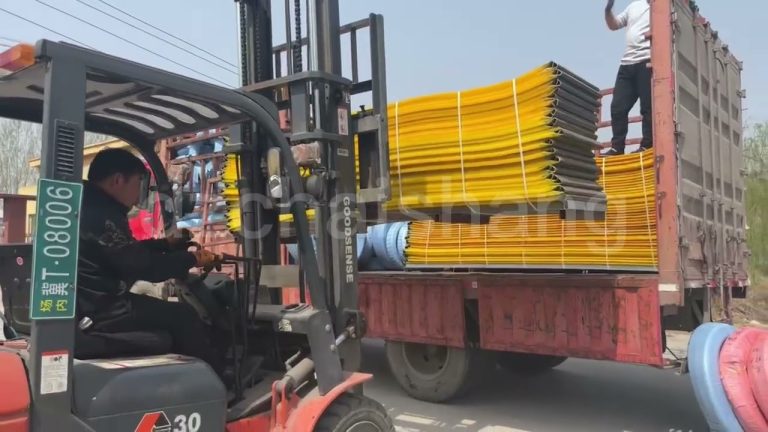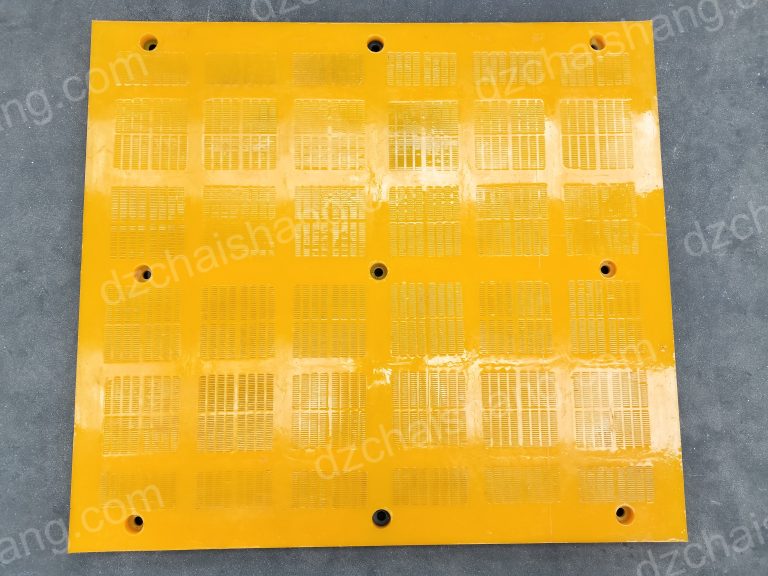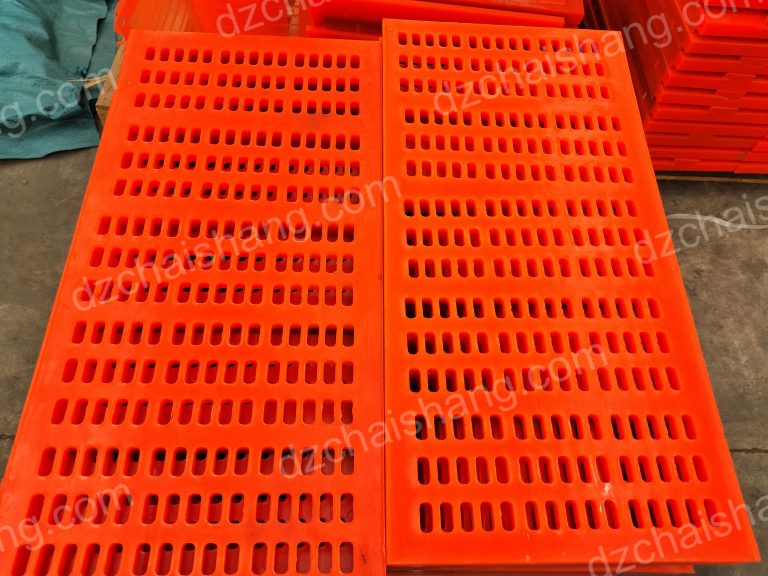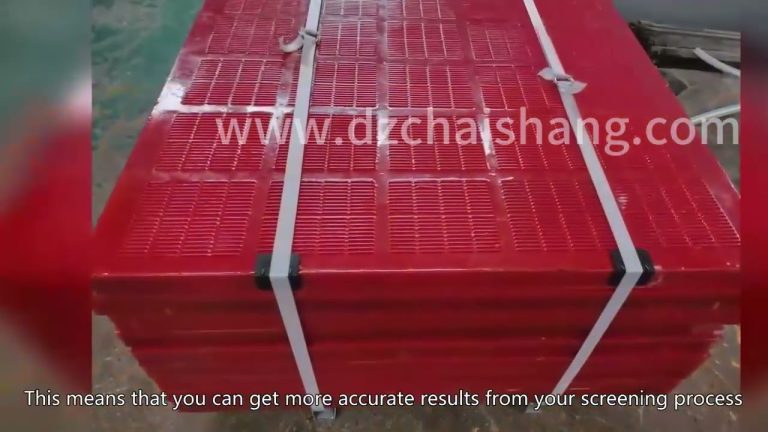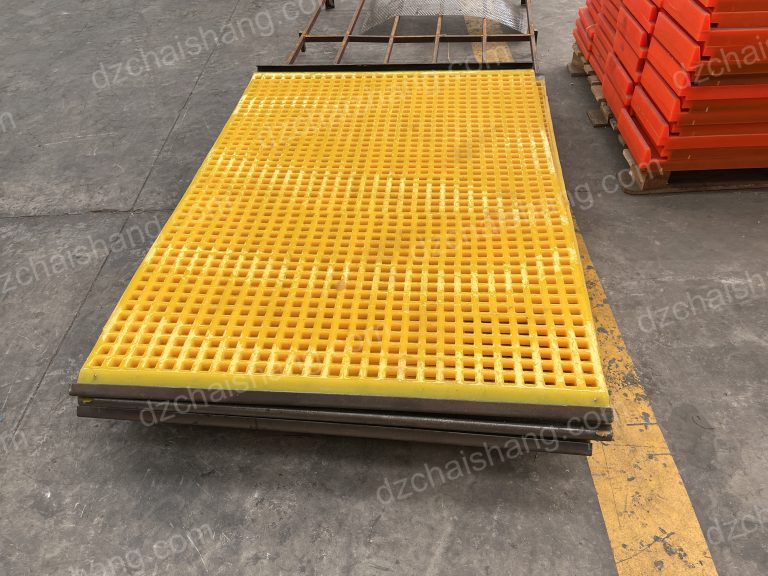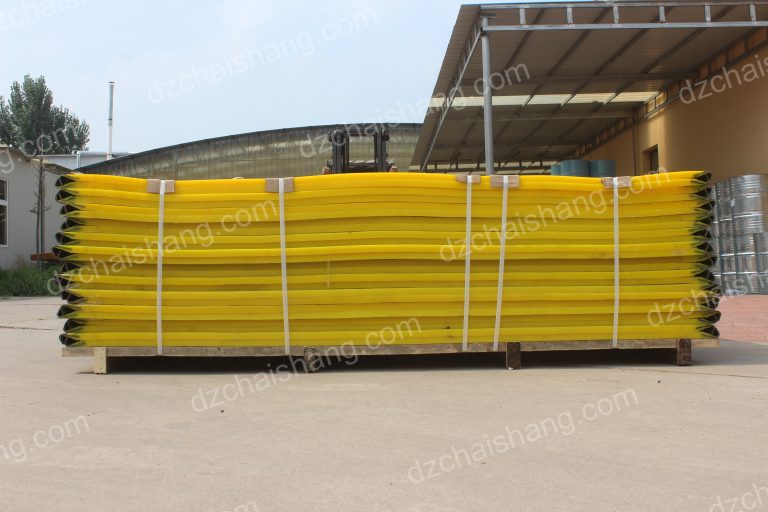Benefits of Using High Quality Tensioned screens in Steel Plants
Steel plants are complex industrial facilities that require a variety of equipment to ensure smooth and efficient operations. One crucial piece of equipment used in steel plants is the vibrating screen, which is used to separate materials based on size and shape. In order to achieve optimal performance, it is essential to use high-quality tensioned screens in these vibrating screens. High-quality tensioned screens offer a number of benefits that make them ideal for use in steel plants. One of the key advantages of these screens is their durability. Tensioned screens are made from high-quality materials that are able to withstand the harsh conditions found in steel plants, such as high temperatures, heavy loads, and abrasive materials. This durability ensures that the screens will have a long lifespan and require minimal maintenance, reducing downtime and increasing productivity. In addition to their durability, high-quality tensioned screens also offer superior performance. These screens are designed to provide a consistent and reliable screening process, ensuring that materials are efficiently separated and sorted. This is crucial in steel plants, where the quality of the final product is directly impacted by the efficiency of the screening process. By using high-quality tensioned screens, steel plants can ensure that their operations run smoothly and that they are able to produce high-quality steel products. Another benefit of using high-quality tensioned screens in steel plants is their versatility. These screens can be customized to meet the specific needs of each plant, allowing for a wide range of materials to be screened effectively. Whether the plant is processing iron ore, coal, or other materials, high-quality tensioned screens can be tailored to provide the optimal screening solution. This versatility makes these screens a valuable asset in steel plants, where the ability to adapt to changing production requirements is essential.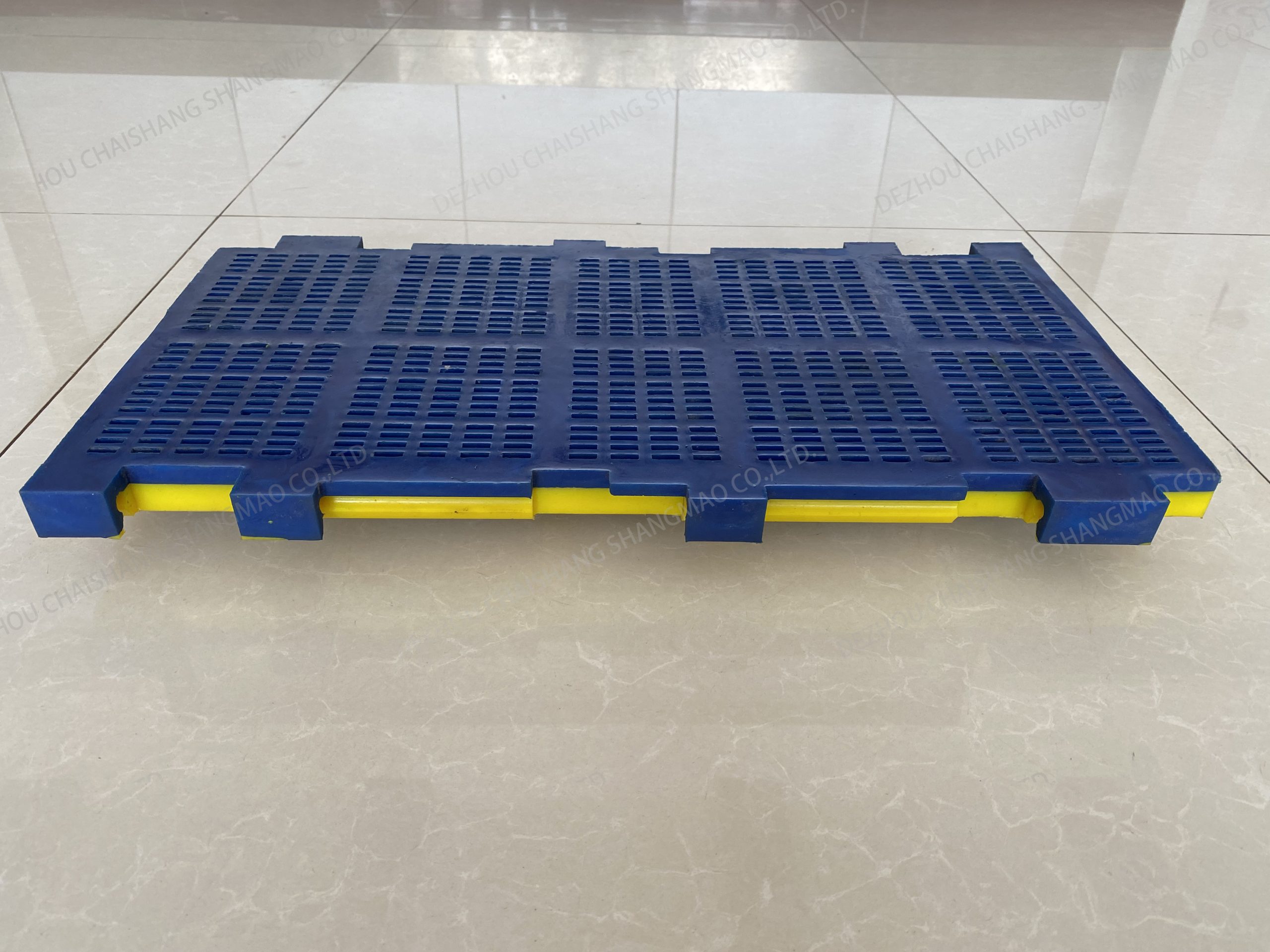 Furthermore, high-quality tensioned screens are designed to maximize efficiency and productivity in steel plants. These screens are engineered to provide high throughput rates and accurate screening, ensuring that materials are processed quickly and effectively. This efficiency is crucial in steel plants, where time is of the essence and any delays can have a significant impact on production. By using high-quality tensioned screens, steel plants can increase their throughput and maximize their productivity, leading to higher profits and a competitive edge in the industry.
Overall, the benefits of using high-quality tensioned screens in steel plants are clear. These screens offer durability, performance, versatility, and efficiency, making them an essential component of the screening process in steel plants. By investing in high-quality tensioned screens, steel plants can ensure that their operations run smoothly and that they are able to produce high-quality steel products consistently. With their long lifespan, minimal maintenance requirements, and superior screening capabilities, high-quality tensioned screens are a valuable asset for any steel plant looking to optimize its operations and maximize its productivity.
Furthermore, high-quality tensioned screens are designed to maximize efficiency and productivity in steel plants. These screens are engineered to provide high throughput rates and accurate screening, ensuring that materials are processed quickly and effectively. This efficiency is crucial in steel plants, where time is of the essence and any delays can have a significant impact on production. By using high-quality tensioned screens, steel plants can increase their throughput and maximize their productivity, leading to higher profits and a competitive edge in the industry.
Overall, the benefits of using high-quality tensioned screens in steel plants are clear. These screens offer durability, performance, versatility, and efficiency, making them an essential component of the screening process in steel plants. By investing in high-quality tensioned screens, steel plants can ensure that their operations run smoothly and that they are able to produce high-quality steel products consistently. With their long lifespan, minimal maintenance requirements, and superior screening capabilities, high-quality tensioned screens are a valuable asset for any steel plant looking to optimize its operations and maximize its productivity.
How to Properly Maintain and Care for Vibrating Screens in Steel Plants
Vibrating screens are an essential piece of equipment in steel plants, as they are used to separate materials based on their size and shape. These screens are subjected to high levels of tension and stress due to the constant movement of materials and the harsh conditions in which they operate. Proper maintenance and care are crucial to ensure the longevity and efficiency of vibrating screens in steel plants. One of the most important aspects of maintaining vibrating screens is regular inspection. This involves checking for any signs of wear and tear, such as cracks, tears, or loose components. Any issues should be addressed immediately to prevent further damage and ensure the smooth operation of the screen. In addition, regular lubrication of the bearings and other moving parts is essential to reduce friction and prolong the life of the screen. Another key aspect of maintaining vibrating screens is cleaning. Over time, materials can build up on the screen, causing it to become less efficient and potentially damaging the screen itself. Regular cleaning with the appropriate tools and techniques is necessary to remove any buildup and ensure the screen is operating at its optimal capacity. Additionally, proper storage of the screen when not in use can help prevent damage and prolong its lifespan. In addition to regular maintenance and cleaning, it is important to monitor the performance of the vibrating screen. This can be done by observing the material flow and screen efficiency, as well as conducting regular tests to ensure the screen is operating as intended. Any deviations from the expected performance should be investigated and addressed promptly to prevent further issues. Proper care and maintenance of vibrating screens in steel plants can help prevent costly downtime and repairs, as well as ensure the safety of workers and the efficiency of the plant. By following these guidelines and implementing a regular maintenance schedule, steel plant operators can extend the life of their vibrating screens and maximize their performance.In conclusion, vibrating screens are a critical component of steel plants, and proper maintenance and care are essential to ensure their longevity and efficiency. Regular inspection, cleaning, lubrication, and monitoring of performance are key aspects of maintaining vibrating screens in steel plants. By following these guidelines and implementing a proactive maintenance plan, steel plant operators can prevent costly downtime and repairs, as well as ensure the safety and efficiency of their operations.

